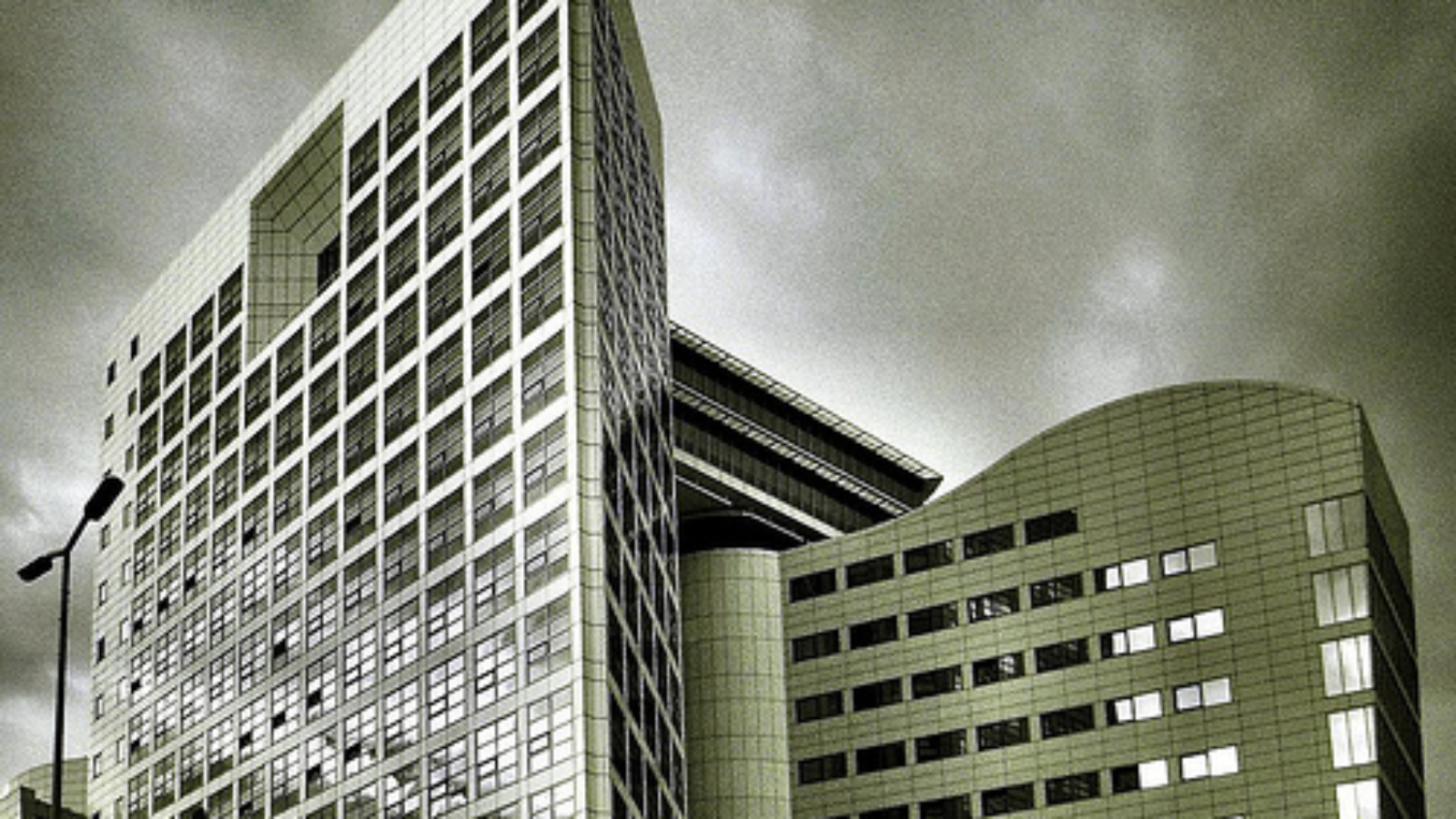By Belinda Cooper
In late 2007 and early 2008, riots erupted in Kenya in the wake of a fiercely contested presidential election. During violence that stemmed in part from ethnic and tribal tensions, more than 1,000 Kenyans were killed and hundreds of thousands were displaced.
Last week, nine months after initiating an investigation into those events, the prosecutor of the International Criminal Court in the Hague, Luis Moreno Ocampo, asked the Court to issue “summonses to appear” to five senior members of the Kenyan government and a journalist suspected of instigating the violence. At present, the six have said they will cooperate, and the Kenyan government as a whole has promised to cooperate with the ICC’s investigation.
The summonses, which are essentially indictments, represent a step forward in a significant ICC investigation. For one, the inquiry into crimes committed in Kenya’s post-election violence is the first to be initiated by the prosecutor himself. Most of the ICC’s other ongoing investigations – of the situations in the Democratic Republic of Congo, Uganda, and the Central African Republic – were begun at the request of those states. One other, regarding Sudan, was referred to the court by the UN Security Council.
This third way in which a case can reach the Court – through the prosecutor’s own independent decision – was precisely what most worried a number of countries, including the U.S., when the Court was established in 1998. They feared an unaccountable prosecutor might bring politically-motivated charges. To prevent such abuse, a number of hurdles were put in place, such as a pre-trial chamber that must approve these investigations. (Nevertheless, the U.S. has not joined the ICC.)
The Kenyan investigation hardly reflects that caricature of political prosecution. But Kenya may be of particular interest to the Court because former UN Secretary General Kofi Annan took an active role in mediating the aftermath of the conflict and moving the country towards peaceful transition. The agreement he helped broker between Kenya’s antagonistic tribal blocs called for creation of an investigative commission, which gathered extensive evidence against top officials. When the domestic justice system failed to act on its findings, the commission handed over its materials to the ICC.
The willingness of top leaders to cooperate also facilitates ICC action. Some have suggested that Ocampo’s failure to name either President Mwai Kibaki or Prime Minister Raila Odinga as suspects may be a political move intended to ensure further cooperation and prevent the kind of resistance triggered by his earlier indictment of Sudan’s sitting president, Omar al-Bashir. But while the reaction to al-Bashir’s indicitment might have made Ocampo more cautious, he is hardly the type to back away from the challenge of prosecuting top leaders, as long as solid evidence exists against them.
After the indictment of al-Bashir in 2009, some African leaders criticized the ICC, alleging a bias against Africa, where all of the Court’s current active cases are located. But as Ocampo himself has pointed out, some of the world’s worst violence is taking place in Uganda, Congo, and Sudan. The fact that most of those cases were brought to him by the countries themselves also weakens the accusation of bias. And the prosecutor’s office is conducting preliminary investigations in several non-African countries as well, including Colombia, Honduras, and Georgia.
Ocampo has made it clear that he takes seriously the Court’s deterrent capacity and its importance in encouraging domestic rule of law. The Court is, after all, a court of last resort; the first line of accountability remains domestic institutions. In the conflict-torn regions in which the ICC’s other cases are playing out, ICC intervention has been accused of worsening conflicts. Pursuing justice, it has been argued, can interfere with attempts to negotiate peace treaties. Whether or not this is true elsewhere, in Kenya – which has adopted a new constitution and seems to be on the road to greater stability – international justice has a clearer potential to contribute to internal peace, by promoting accountability and rule of law, and ultimately encouraging the development of a domestic court system that is willing and able to take on the task of prosecuting these kinds of crimes itself.
Belinda Cooper is a co-founder of the Citizenship and Security Program at the World Policy Institute and an adjunct professor at New York University's Center for Global Affairs.
Image of the ICC headquarters in The Hague courtesy of Flickr user josef.stuefer
